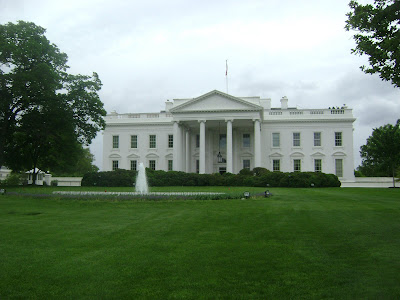But what possibly can Christmas now mean to Sam's parents Martin and Rachel Riddall?
Martin Riddall gave the following statement outside of the court this afternoon:
In four days time we celebrate Christmas and it’s going to be our first Christmas without our Sam. It’s going to be very hard for us indeed, because we still miss him very much.
At Christmas we remember that God sent his son Jesus into the world to bring peace. It’s the same God that is giving us the strength and helping us to forgive Hannah for the terrible thing she’s done to us by killing our son.
It’s not easy, it’s not going to be easy. But with God’s help we know that it is possible.
For Martin and Rachel Riddall, Christmas means that "God sent his son Jesus into the world to bring peace."
When we think of Christmas, we remember the birth of Christ. At His birth, the angels sang, "Glory to God in the highest, and on earth peace, good will toward men." (Luke 2:14)
Jesus came to bring peace because there was no peace between God and man. Man had rebelled against God and become His enemy. When Jesus came into this world to bring peace, He chose to take the punishment of God for our sins on Himself by shedding His perfect blood on the cross. Trusting in Christ's work for us on the cross is the only way that we can have peace with God again. That is why peace is the message of Christmas.
Consider the following verses from the Bible:
"But he was wounded for our transgressions, he was bruised for our iniquities: the chastisement of our peace was upon him; and with his stripes we are healed." (Isaiah 53:5)
"For it pleased the Father that in him should all fulness dwell; And, having made peace through the blood of his cross, by him to reconcile all things unto himself; by him, I say, whether they be things in earth, or things in heaven." (Colossians 1:19-20)
"Therefore being justified by faith, we have peace with God through our Lord Jesus Christ." (Romans 5:1)
Once you have asked placed your faith in Christ and have asked God to forgive your sins, you will receive His peace. And you will also be able to forgive other people even for the very worst crimes.
"Forbearing one another, and forgiving one another, if any man have a quarrel against any: even as Christ forgave you, so also do ye." (Colossians 3:13)
Because Christ has forgiven us, we can forgive others and live in peace with God and man. This is the meaning of Christmas for Martin and Rachel Riddall. God offers us peace through Jesus Christ. What does Christmas mean to you?
(Click here to see the news story along with a video of the Riddall family statement on the SkyNews website.)




















































